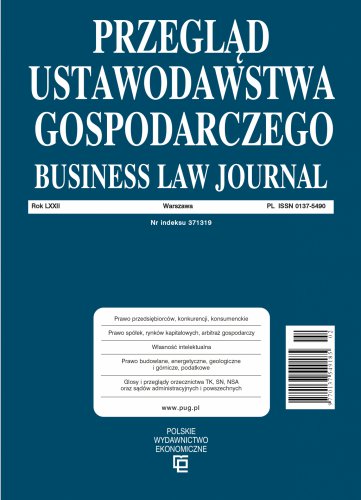By the decision of 20 March 2020, the Minister of Climate and Environment of Poland extended, until 2026, the license granted in 1994 for lignite mining from the Turów deposit, located in the area adjacent to the Czech Republic. In the opinion of the claimant, the said decision was issued in breach of the requirements of European law regarding environmental impact assessments, and the extraction of the mineral from this deposit (that started over 100 years ago) will cause the lowering of water level on the adjacent Czech territory. By an order of 21 May 2021 the Vicepresident of the Court of Justice of the European Union ordered the Republic of Poland the immediate suspension of mining of lignite from the aforementioned deposit, until the judgment concluding the case will be announced. The legitimacy of this decision is questionable for many reasons. First, the mining of the aforementioned mineral is not carried out by the Republic of Poland, but by an entrepreneur, who is a commercial company. Secondly, the immediate suspension of the mining will not stop the drainage process (and thus damage or the threat of its occurrence) on the Czech territory. Thirdly, the order to cease mining may be complied only with the requirements of Polish law, which requires taking appropriate decisions, in particular regarding the approval of a change in the mining plant operation plan. However, there is no legal basis for the implementation of the order described above. The circumstances of the dispute also justify the assessment that, in fact, it is of civil-law nature and concerns the liability of a Polish entrepreneur for damage caused (or likely to arise) in the territory of an adjacent state.
Keywords: mining of lignit; impact on the territory of the adjacent state; allegation of violation of the EU law; order for immediate suspension of mining.

